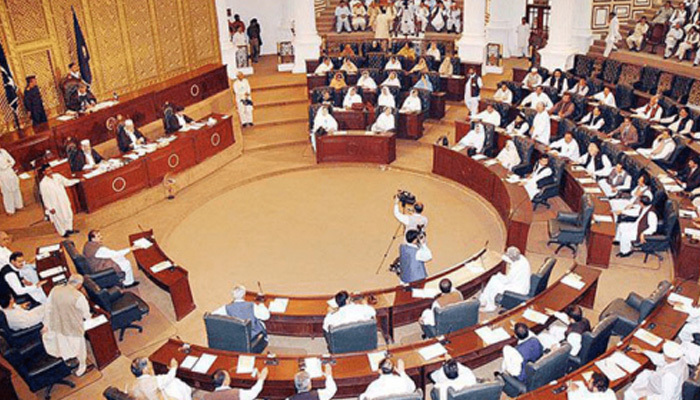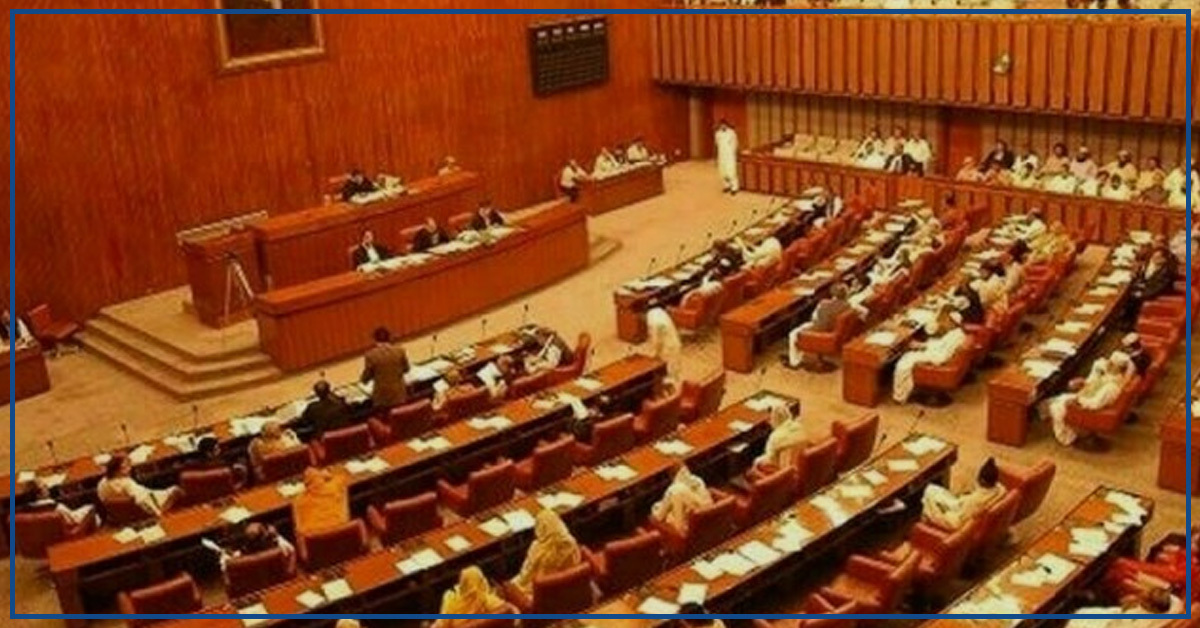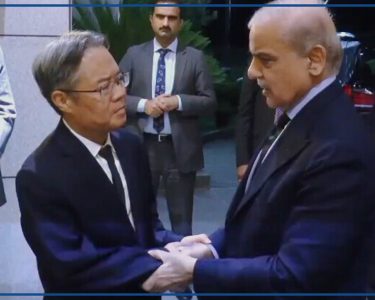In the recent political discourse, the Pakistan Tehreek-e-Insaf (PTI) has come forward to express its discontent over what it perceives as double standards exercised by the Election Commission of Pakistan (ECP) regarding the postponement of Senate polls in Khyber Pakhtunkhwa (KP). This development has sparked a wave of discussions and debates across the nation, with stakeholders closely examining the implications and underlying reasons behind this decision. In this article, we delve deep into the PTI’s stance on the matter and explore the broader implications it holds for the political landscape of Pakistan.
The PTI, in its official statement, has vehemently criticized the Election Commission’s decision to delay the Senate polls in KP, labeling it as a manifestation of double standards. According to the party, the ECP’s stance contradicts its previous decisions and sets a troubling precedent for the integrity and fairness of electoral processes in the country. PTI officials argue that such actions undermine the democratic principles and erode public trust in the electoral system.
To understand the gravity of the situation, it is essential to examine the context in which these events unfolded. The decision to postpone the Senate polls in KP came amidst allegations of horse-trading and vote-buying within the ranks of political parties. The ECP, in its defense, cited these allegations as grounds for delaying the polls to ensure transparency and accountability in the electoral process. However, the PTI contends that similar allegations have been raised in other provinces without resulting in similar actions by the ECP, thereby indicating discrepancies in its approach.

The PTI’s accusations against the ECP highlight broader concerns regarding the fairness and impartiality of electoral institutions in Pakistan. In a democratic setup, it is imperative for such institutions to uphold the principles of transparency, accountability, and fairness to maintain public trust and confidence in the electoral process. Any perception of bias or partiality can undermine the legitimacy of election outcomes and breed skepticism among the electorate.
In light of these developments, it is crucial for all stakeholders, including political parties, electoral institutions, and civil society, to engage in constructive dialogue and find ways to address the underlying issues. Transparency and accountability must be prioritized to ensure that electoral processes are free from undue influence and manipulation. The PTI, while raising legitimate concerns, should also collaborate with the ECP and other stakeholders to strengthen the integrity of the electoral system and uphold democratic values.
The PTI’s denouncement of the ECP’s handling of the Senate polls delay in KP reflects a broader debate surrounding the transparency and fairness of electoral processes in Pakistan. While allegations of double standards and bias must be addressed, it is essential for all stakeholders to work together towards enhancing the integrity of the electoral system. By fostering transparency, accountability, and impartiality, Pakistan can strengthen its democratic institutions and ensure the legitimacy of electoral outcomes.





